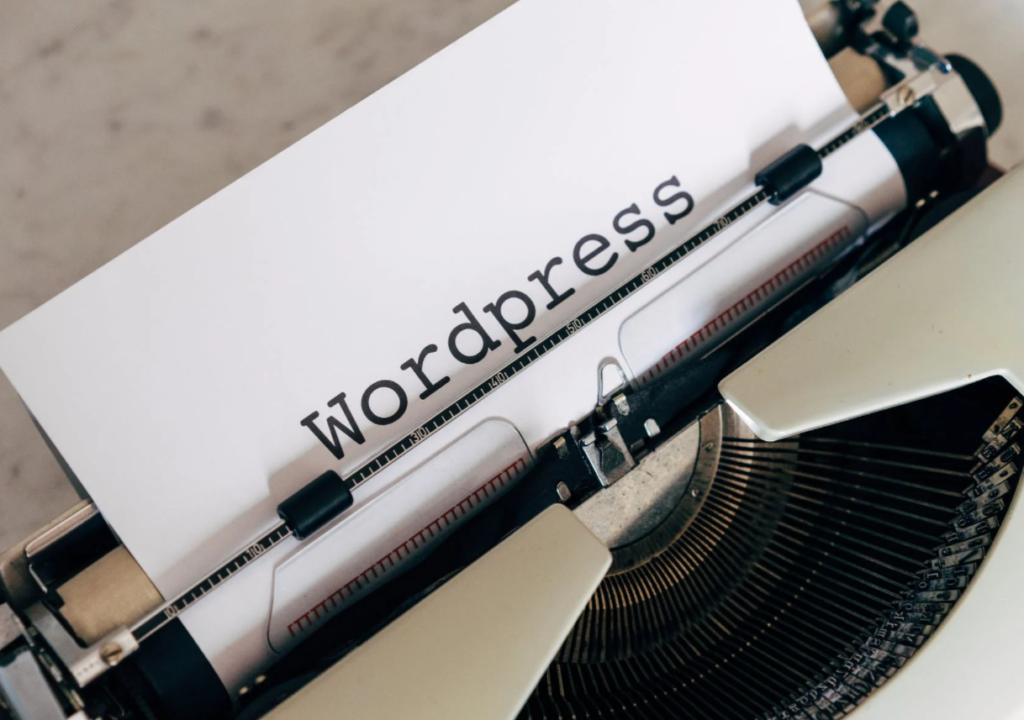Table of Contents
Being one of the most common platforms used across the web, powering over 64 million websites and having a library of over 50,000 plugins, it’s very easy to see why WordPress is one of the most used content management systems on the web.
Whilst being a very popular platform it comes with some downsides, the big risks of course being around the security and maintenance of a WordPress website.
Maintenance of a WordPress website is often something neglected for a few reasons:
- Licenses have expired
- Plugins have been customised and cannot be updated
- Themes have been customised and cannot be updated
- Automatic plugin updates are turned off
- Automatic theme updates are turned off
- Lack of understanding of how to update a WordPress website
Whilst a WordPress website is very easy to maintain, as long as it has been set up correctly, there can be some pitfalls that worry you as a website owner and so you may consider a professional WordPress maintenance service where a specialist WordPress development agency takes care of the updates and maintenance for you.
Common WordPress maintenance issues:
Licenses have expired
If your licenses have expired then you may no longer qualify for on-going updates from your plugin developer.
This puts you at a security risk as vulnerable plugins are one of the easiest ways for hackers to attack your website.
By simply renewing your license you will always have the latest, most up to date and secure version of your plugins, reducing your vulnerability risk.
Plugins have been customised and cannot be updated
Some plugins may be coded in such a way that the core Plugin, rather than the theme has been upgraded by your developer, this would mean if your plugin is update din the future that it would lose the changes made along with any functionality.
Whilst this is quite rare for a site to be coded this way, you would need to consult with your developer before hand to ensure that everything is fully upgradeable in the future.
Themes have been customised and cannot be updated
Themes are very common with WordPress business websites, especially off the shelf themes that have licenses and regular updates attached to them.
Sometimes a theme can be customised, just like a plugin, and set up in such a way that when it is updated it loses all the changes made by your WordPress developer.
The common solution to this, is to have your WordPress developer set up a child theme. This sits below your main theme, can be customised and your main parent theme can be updated without any loss.
Automatic plugin updates are turned off
It’s fairly common to have plugin updates turned off, especially if some plugins can’t be updated and would lose their modifications.
A manual audit of your plugins is the best way to keep them updated manually.
As long as you have a license, you can update any plugin you wish when an update is available to do so.
Failure to update your plugins can leave you at a security risk and risk of being hacked.
Automatic theme updates are turned off
Again, this could be down to your theme not being set up in the tight way so that updating the theme will ruin your design and break your site.
Before starting your project it’s best to clear with your developer whether you will be able to update your themes or not – 99% of the time it’s fine and the other 1% would require you to set up a child theme at a later date.
If your theme hasn’t been set up correctly and can not be updated, then it’s usually a simple fix to get a child theme set up which will then allow you to update your theme and keep on top of your WordPress security.
Lack of understanding how to update a WordPress website
You may be worried about all of the above items above and have no idea how to update your WordPress website or fear breaking it, fortunately this is easy to overcome.
A really good webhost such as WPEngine.com will have a staging/development server in their hosting package.
A staging server allows you to copy your site to a safe environment, away from the public, perform your upgrade and check for issues before doing things live.
This is the safest way for anyone to update and maintain their website.
A few preventative measures
Wordfence
You can install a plugin called Wordfence.
This plugin will scan your website on the background regularly for vulnerabilities and issues and then alert you to them.
This scan can take 20-30 minutes, depending on the size of your website, but will alert you to any unauthorised file changes, unauthorised logins or any malicious code that it picks up as well as vulnerable plugins.
Sucuri
This great plugin will allow you to lock down certain folders to stop malicious scripts being run inside them.
When these folders are locked down, it’s near impossible for malicious code and robots to attack your website and place malicious scripts as the locked folders provide a line of defence against it.
This plugin will also alert you to any changes or unauthorised logins allowing you to react quickly should the worst happen.
Remove unused themes
WordPress comes with a few pre-installed themes such as Twenty Twenty.
These themes pose a potential security risk if not updated, so it is always best to remove them.
You can simply go to your WordPress admin, navigate to Appearance, then click themes and delete them from there.
This will reduce the risk of a WordPress hacking.
Remove unused plugins
Any plugins that are set to “deactivated” simply hit delete and remove them as they are not in use.
They provide a security risk, add nothing to the site and are just one more potentially gateway into your site.
Author Profile

- Blogger by Passion | Contributor to many Business Blogs in the United Kingdom | Fascinated to Write Blogs in Business & Startup Niches |
Latest entries
 Home & LivingJuly 12, 2025Shared Planning for a Stronger Future
Home & LivingJuly 12, 2025Shared Planning for a Stronger Future BusinessJuly 4, 2025How To Build an Integrated Development Plan That Works?
BusinessJuly 4, 2025How To Build an Integrated Development Plan That Works? BusinessJuly 1, 2025Investing in Commercial Property: Key Considerations for Business Owners
BusinessJuly 1, 2025Investing in Commercial Property: Key Considerations for Business Owners Social MediaJuly 1, 2025TikTok AI Dance Revolution: Top Trends, Earnings & How to Go Viral
Social MediaJuly 1, 2025TikTok AI Dance Revolution: Top Trends, Earnings & How to Go Viral







